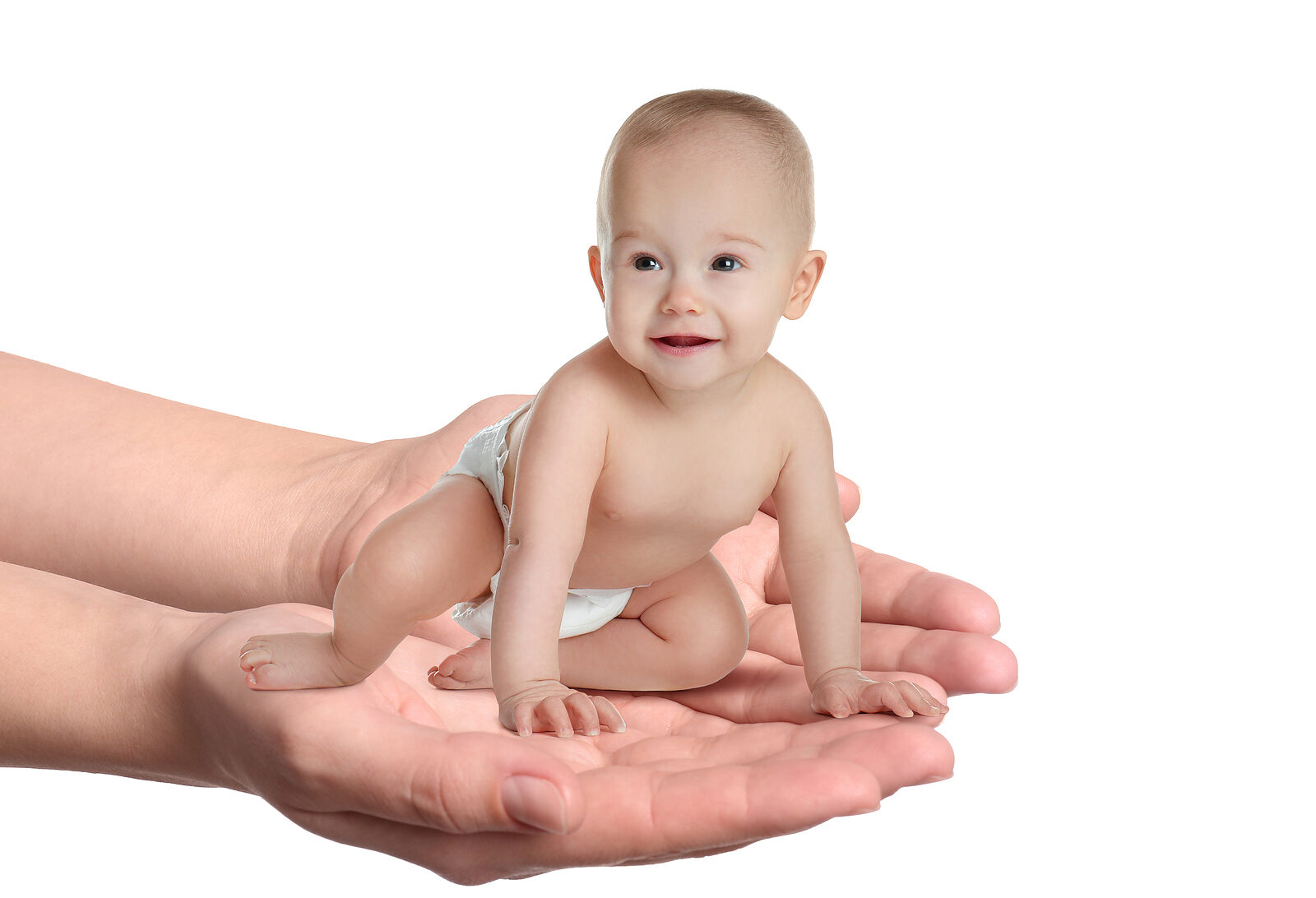
New horizons for surrogacy: ‘whole body gestational donation’
It is amazing that no one has ever discussed this at length before. What about all those brain-stem dead female bodies in hospital beds?
Why should their wombs be going to waste?
In the journal Theoretical Medicine and Bioethics, Anna Smajdor, of the University of Olso, in Norway, develops her insight. She argues that these women could be put to good use as gestational surrogates provided that they have made an advance directive. She calls this “whole body gestational donation” (WBGD). We know that “brain-dead” women can carry pregnancies to term; why shouldn’t pregnancies be initiated to help childless couples?
This idea originally surfaced in 2000 in the same journal in an article by an Israeli doctor, Rosalie Ber. She had speculated that the bodies of women in a persistent vegetative state (PVS) could be used to gestate babies until ectogenesis — the growth of babies in artificial wombs — becomes possible. However, Smajdor believes that PVS patients are more problematic — it is remotely possible that they could recover. However, despite some critics, ” the use of brain stem death criteria for determining when a patient’s life is effectively at an end is widespread in the context of organ donation”. In other words, it should be possible to treat a brain-stem dead person as a kind of organ donor.
“States and health services should adapt their policies and procedures to allow for WBGD among other donation options,” Smajdor writes. It could become another aspect of opt-out organ donation systems.
“If WBGD is viewed as a straightforward means of facilitating safer reproduction, and avoiding the moral problems of surrogacy, we should be ready to embrace it as a logical and beneficial extension of activities that we already treat as being morally unproblematic.”
Feminists are bound to object that WBGD objectifies women’s bodies. Smajdor agrees: “WBGD is quite straightforwardly the use of the body as a foetal container”. However, what if men’s bodies could be adapted to serve as foetal incubators? The technology for this is improving rapidly. “The prospect of the male gestator could thus appease some feminists who might otherwise feel that brain-dead gestation is a step too far in the objectification of women’s reproductive functions,” she argues.
Furthermore, pregnancy is risky, she says, far more so than measles. The global health community has resolved to eradicate this dangerous disease, so it stands to reason that a dangerous experience like pregnancy should be eradicated as well. “We cannot yet forego the uterus altogether for the reproduction of our species,” Smajdor contends. “But we can transfer the risks of gestation to those who are no longer able to be harmed by them.”
